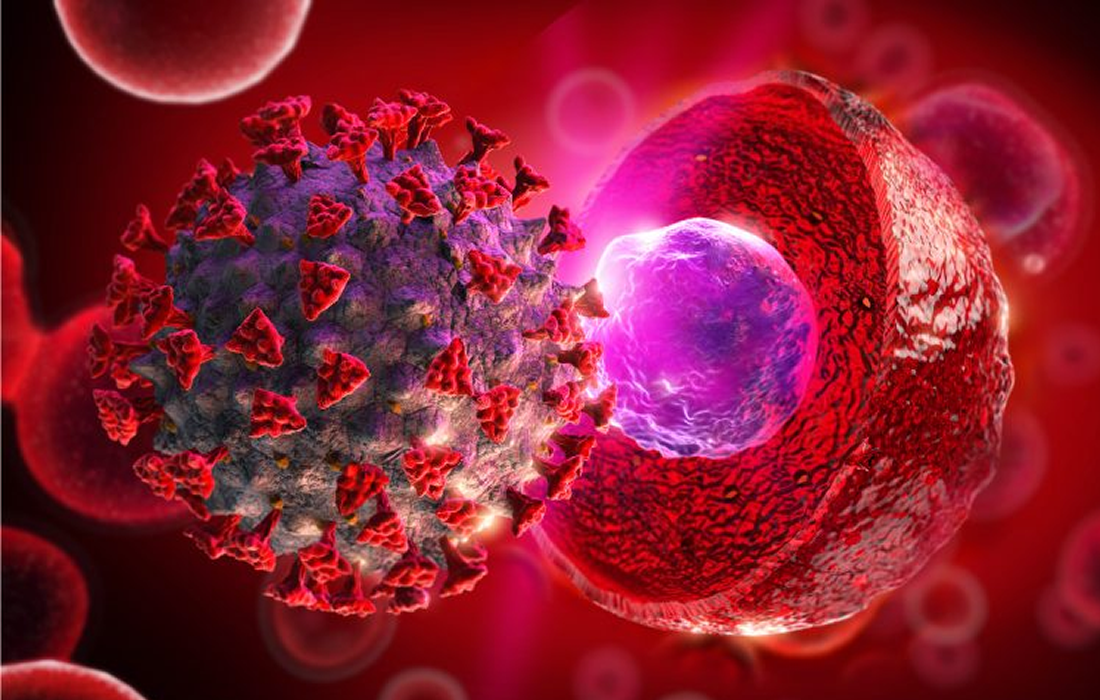COVID-19
Mesenchymal Stem Cells in the Treatment of COVID-19
As we all are well aware, a recent worldwide outbreak (pandemic) of pneumonia caused by severe acute respiratory syndrome coronavirus 2 (SARS-CoV-2) ranges from asymptomatic or mild upper respiratory tract infection to severe pneumonia, ARDS or even death.
The nasal epithelium was found to be the first site of infection and transmission among individuals with symptomatic and asymptomatic SARS-CoV-2 infections. Similar to SARS-CoV, the S protein of SARS-CoV-2 binds to angiotensin converting enzyme 2 (ACE2) and enters cells. The affinity of the S protein for the ACE2 is the main determinant of the replication rate of SARS-CoV-2 and the severity of COVID-19 disease.
Despite significant advances in supportive treatment techniques such as mechanical ventilation, the incidence and mortality remain high. A study made in Jinyintan Hospital in Wuhan, China, found that a majority (67-85%) of critically ill patients with SARS-CoV-2 infections developed ARDS and that the mortality was as high as 61.5% in patients that developed ARDS.
The following image explains how the virus enters the respiratory tract, then the S protein on the surface of the virus binds to the nasal epithelium and ACE2 receptor and activates angiotensin II, a proinflammatory enzyme. Angiotensin II in the lung promotes apoptosis (program cell death), releases inflammatory cytokines and triggers an inflammatory response causing a cytokine storm that leads to all the symptoms.
Because Stem cells are resistant to tissue damage, promote tissue repair, and have immunoregulatory effects, research worldwide in the field is bringing hope for a treatment of respiratory virus induced pneumonia.
Over 20 clinical trials of MSCs in treating COVID-19 are in progress. In one of these studies at the Hospital of Beijing Youan in China, MSCs transplantation improved the outcomes of all patients by 14 days after MSC injection without any adverse effects. Also, patient pulmonary function and symptoms improved only 2 days after the MSC injection.
MSC-based cell therapy is a promising strategy for the treatment of ARDS. The safety and possible efficacy have been demonstrated in some ARDS patients. More large-scale, long term trials are needed to further explore the therapeutic effects and safety of MSCs in the treatment of COVID-19. Nevertheless, the results shown until now are proving to be a good approach to a condition with no specific treatment.
Source:
Xiao, K., Hou, F., Huang, X. et al. Mesenchymal stem cells: current clinical progress in ARDS and COVID-19. Stem Cell Res Ther 11, 305 (2020).
Source link: https://link.springer.com/article/10.1186/s13287-020-01804-6;#citeas

